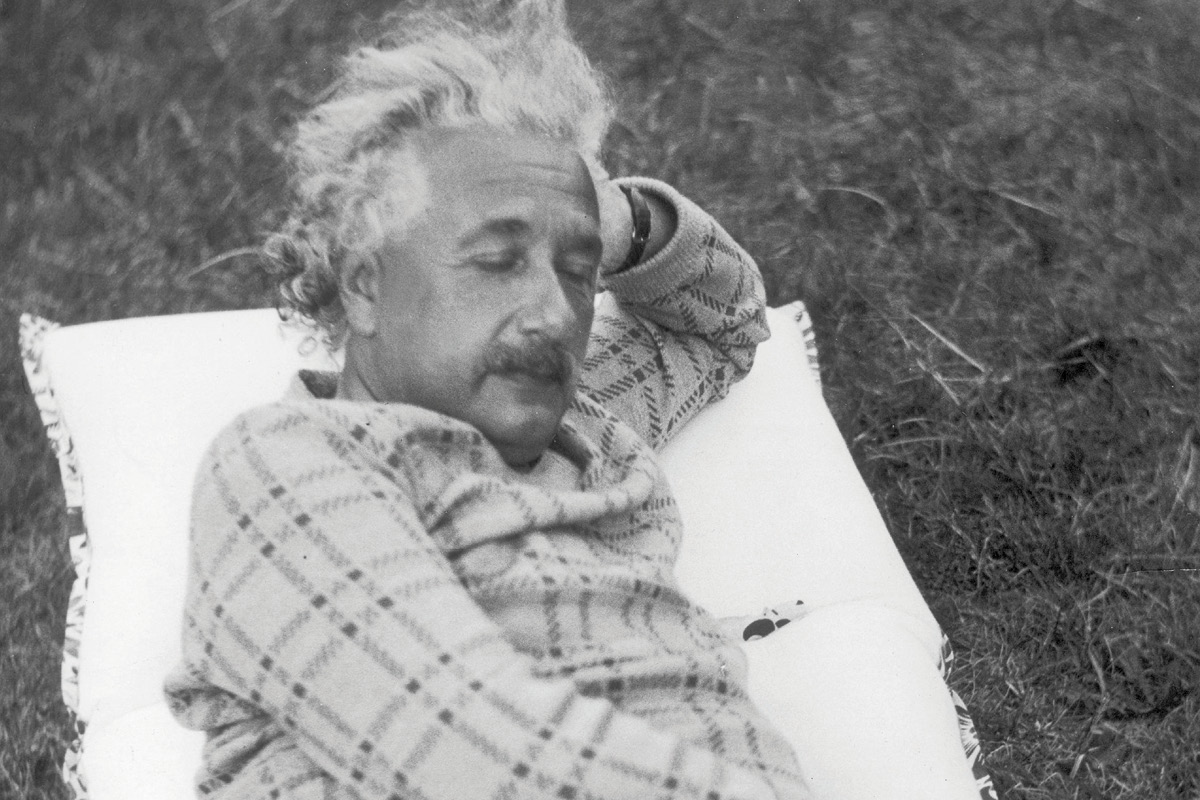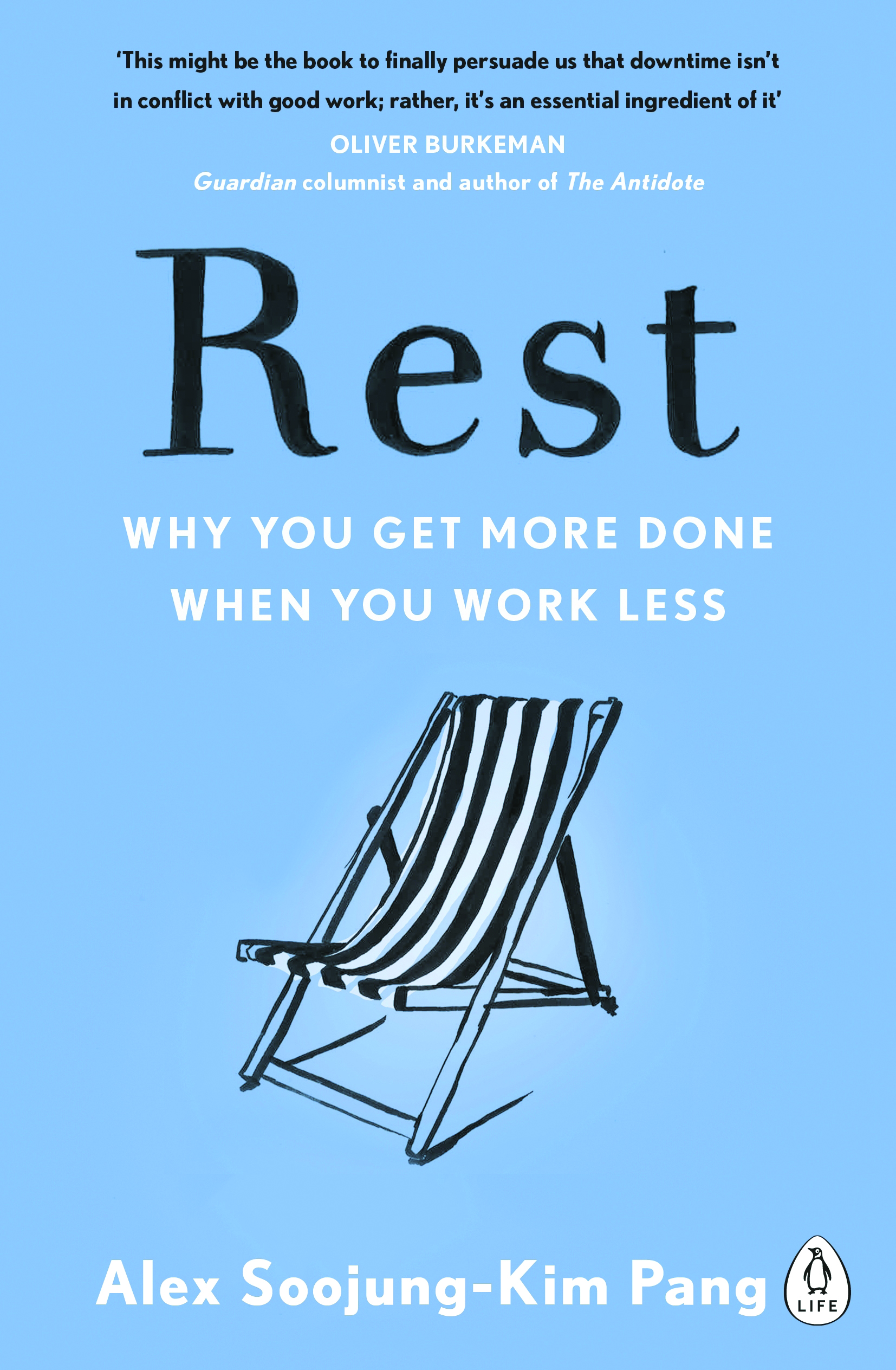Today, overwork is the new normal. A 2015 survey by EY found that half of all managers worked more than 40 hours a week, and 39% were working more hours than in 2010. We treat rest as uninteresting, unimportant, and even a sign of weakness.
There are many reasons people feel the need to put in long working hours, and cultural norms that encourage overwork, but a small army of neuroscientists, psychologists, sociologists and engineers have shown that overwork is counterproductive in the long term.
They’ve found that regular breaks, outside hobbies, holidays and sabbaticals, sleep, and even daily naps make you a better worker. Why leaders should pay more attention to rest, and encourage the people who work for them to embrace it, too.
-
You’re improving productivity
For more than a century, studies of factories, office workers, doctors, police, pilots, parents, scientists, and others have shown that overtime provides short-term productivity boosts but long-term losses. People and organisations can run on overdrive for a few weeks, but after that, productivity actually drops: a factory that’s been working overtime for several months can be no more productive than one working normal hours.
Tired, sleep-deprived workers are less likely to notice small but critical errors or flaws, but more likely to cut corners, bend the rules, or even cheat. By minimising overwork you also avoid burnout, boost retention rates, and avoid the costs of having to hire and train new people.
You also promote better practices and productivity within the office: breaks and better work–life boundaries encourage shorter meetings, greater focus, a better perspective on work, and less wasted time.
-
You’re boosting employee creativity – making you look good
Some of history’s most creative and prolific people never stopped thinking about their work, but spent only about 4 hours a day at their desks. Instead of grinding it out for hours on end, they would spend a couple hours working hard, go for a long walk or swim, then work for another couple hours. How can working this way produce Darwin’s theory of evolution or Great Expectations?
Intense concentration gets the creative subconscious more involved in problem-solving, so while you take a break, your mind keeps trying out new ideas, testing possible solutions, and finally generating insights and ‘a-ha’ moments.
Contrary to the stereotype of the obsessed but erratic creative genius, super-productive people have really predictable schedules. They don’t get inspired and start working; they start work and get inspired. Another reason to avoid crashing schedules and sudden deadlines.
Contrary to the stereotype of the obsessed but erratic creative genius, super-productive people have really predictable schedules
Some leaders in high-pressure jobs have realised that breaks are essential for doing their work. When he was commanding American forces in Europe, Dwight Eisenhower had a cottage outside London where he would retreat on weekends.
-
You’re protecting your talent
A good manager helps develop the careers of their team. Encouraging them to rest protects your investment in their talent. The people most susceptible to overwork and burnout are your highest-achieving, most ambitious workers.
They’re most likely to be perfectionists, to really enjoy their work, and want to advance. Unfortunately, when they crash, they break. Protect your investment in them by giving them permission to get away now and then.
-
You’re promoting organisational learning
We’re terrible at taking holidays, but smart managers know that they’re actually essential for high performance and creative thinking. Hamilton, Dropbox and Instagram all started as beachside brainstorms.
Longer breaks and sabbaticals provide a chance to refill your creative reserves. For leaders, vacations and sabbaticals also give subordinates a chance to grow their skills, to test-drive succession plans, and develop greater independence – and just as often, an appreciation for how challenging leadership really is.
-
You’re showing that you’re confident and in command
At the peak of the Blitz, British Prime Minister Winston Churchill would take a long nap every afternoon. Taking a public break signals that you’re confident in yourself, the people around you, and the work they do.
People who know what’s really important in their jobs – who are “lazy enough to only focus on what’s critical,” as Bill Gates put it – are less likely to be frazzled than those who can’t prioritise. Looking stressed and constantly busy telegraphs that you’re barely holding on – not a good look in a leader.
-
You’re on the leading edge
A number of high-tech start-ups in the US are using rest to improve productivity and encourage innovation. Google is famous for its nap pods.
Slack, Asana, Tableau, Treehouse, Basecamp and other software companies are working hard to keep maintaining reasonable working hours, and to create offices in which people can work hard, be productive – and then go home.
Tower Paddle Boards in California has implemented a 5 hour workday, and a few organisations in Europe have experimented with shorter work weeks. As Arianna Huffington argues in her book Thrive, companies that support better work–life balance see benefits to their bottom line.
Learn more about why taking a break is so important in Alex’s new book Rest: Why You Get More Done When You Work Less, available now.






